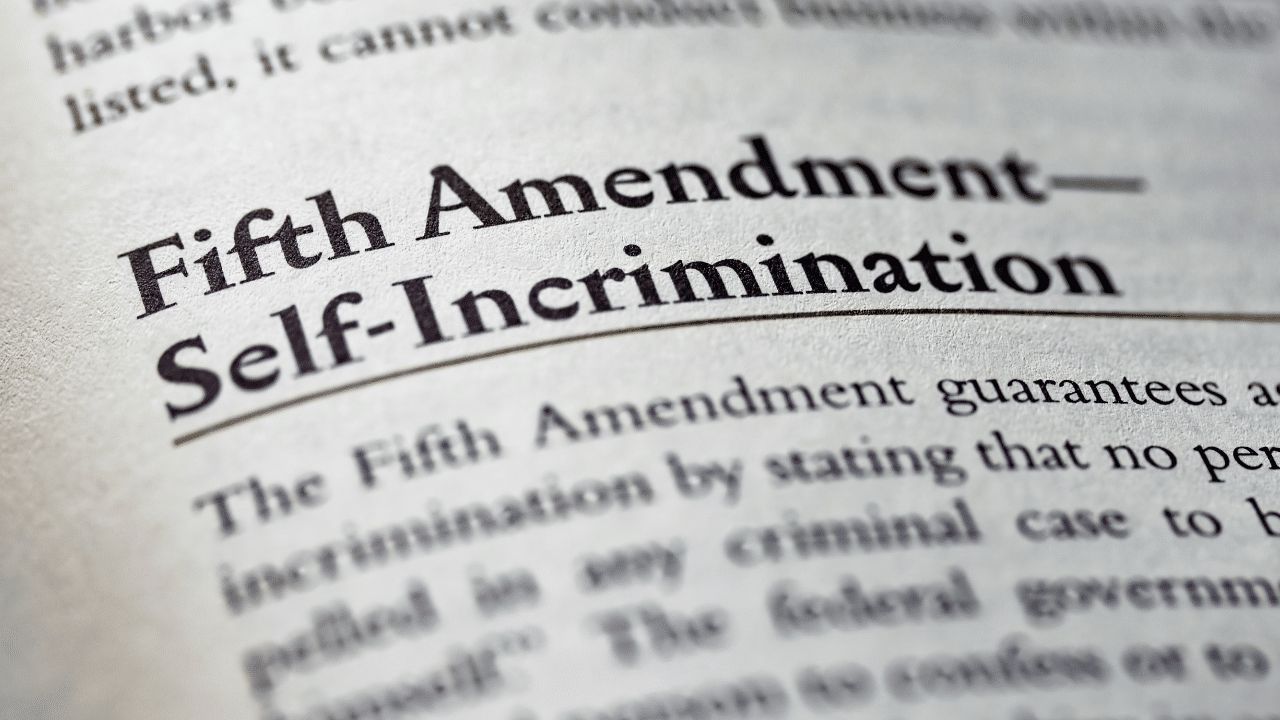
Introduction
The US Constitution, ratified in 1788, serves as the supreme legal document of the United States, establishing the framework for the government and outlining the rights of citizens. It is of paramount importance in American society, influencing the country’s legal and political landscape for over two centuries. As debates surrounding civil rights, governance, and judicial authority evolve, the Constitution remains a pivotal reference point for lawmakers, activists, and citizens alike.
Key Features of the US Constitution
The Constitution is comprised of a preamble and seven articles, detailing the structure and powers of government. The first three articles delineate the executive, legislative, and judicial branches, ensuring a system of checks and balances designed to prevent the abuse of power. Additionally, the Constitution includes 27 amendments that safeguard individual liberties, including the Bill of Rights, which encompasses the first ten amendments.
Current Events and Legal Challenges
In recent years, the US Constitution has been at the centre of numerous high-profile legal challenges. Issues such as voting rights, gun control, and freedom of speech have sparked intense discussions about interpretation and application of constitutional principles. The Supreme Court has played a pivotal role in these debates, with landmark cases such as Whole Woman’s Health v. Hellerstedt (2016), which examined the extent of states’ rights to regulate abortion, and New York State Rifle & Pistol Association Inc. v. Bruen (2022), which addressed the Second Amendment and concealed carry legislation.
Significance for Modern Readers
Understanding the US Constitution is crucial for citizens, as it not only governs laws but also shapes civic identity. In a time of heightened political divisiveness and social change, knowledge of constitutional rights and responsibilities fosters informed citizenship and active participation in democracy. Educational initiatives are increasingly emphasising constitutional literacy to empower individuals to advocate for their rights and hold their government accountable.
Conclusion
As we move further into the 21st century, the US Constitution will undoubtedly continue to evolve through judicial interpretation and public discourse. Its enduring relevance reflects its foundational ideals of liberty, justice, and the rule of law. Citizens who engage with constitutional principles not only honour the sacrifices made by historical figures but also contribute to the ongoing dialogue that shapes the future of American democracy.
You may also like

Understanding the Current Political Landscape in the UK

The UKIP Party: Recent Developments and Future Outlook
